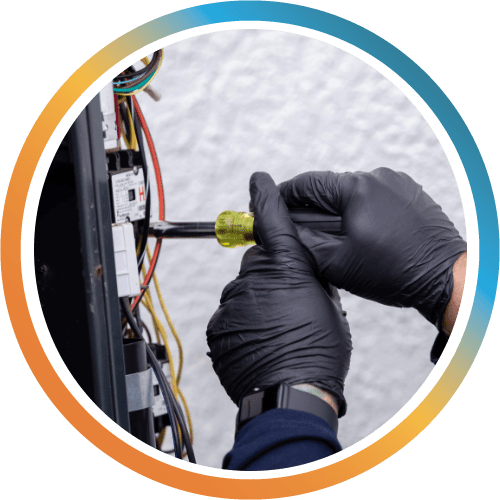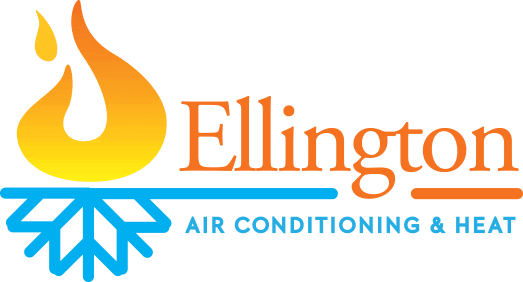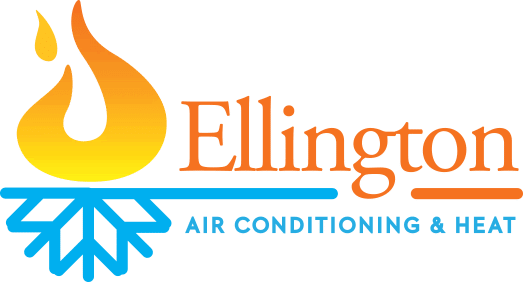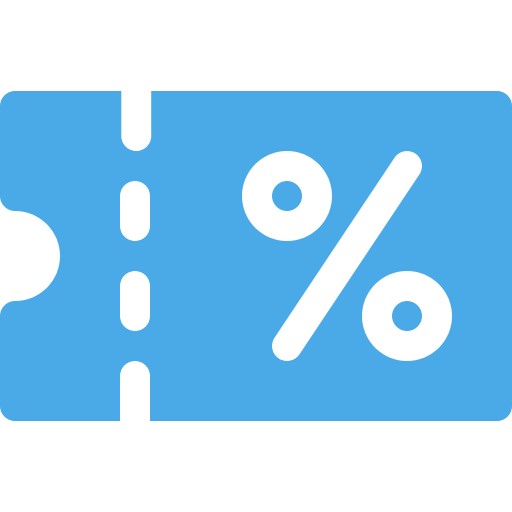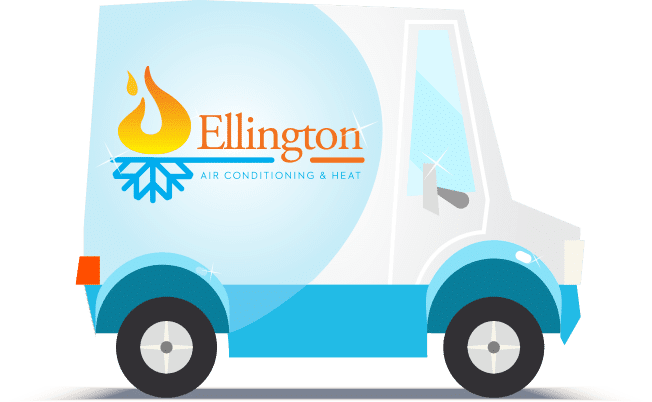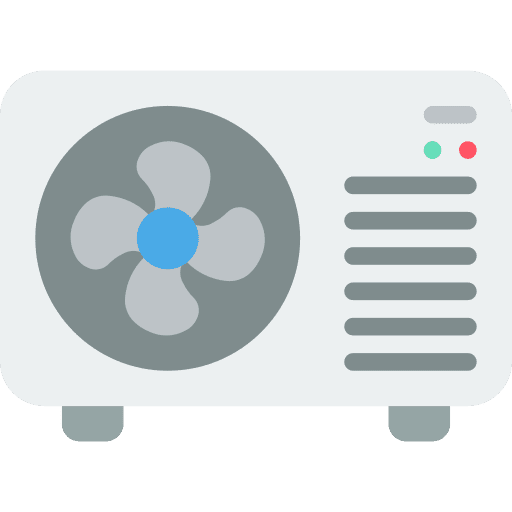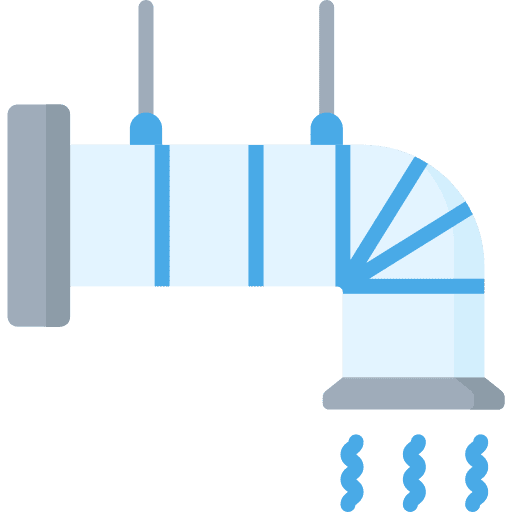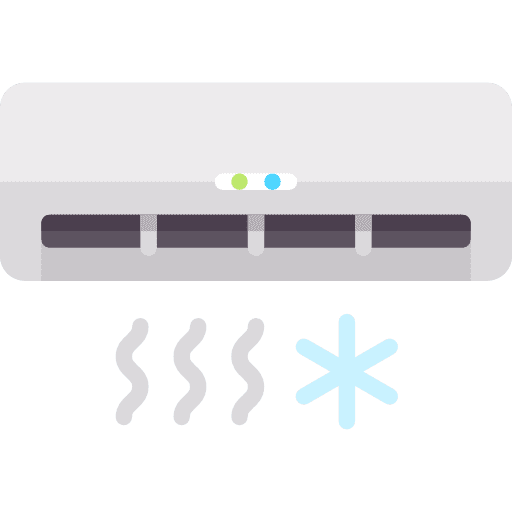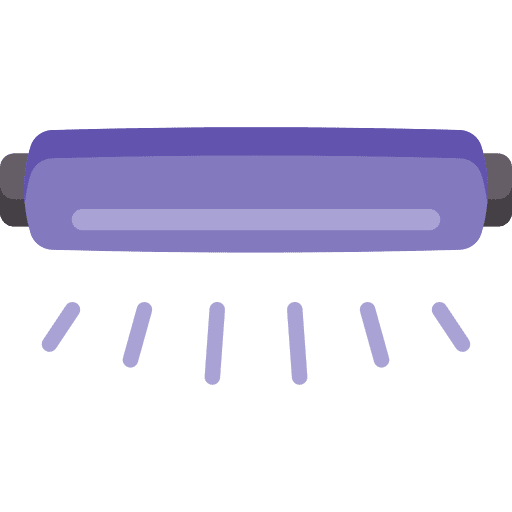
Heat pumps work like air conditioners to cool your home in summer. The liquid refrigerant in the evaporator coil absorbs heat indoors and changes to a gas. At the same time, a blower pushes air across the cold coils to cool your home. The gas refrigerant moves to an outdoor condenser coil where it’s compressed into a liquid again. Then, it goes back to the evaporator coil.
In winter, the evaporator becomes the condenser, and the condenser is the evaporator. Your heat pump absorbs heat from outdoors and transfers it inside. Heat pumps are efficient, especially in the warm Palm Shores, Florida, weather, but a small glitch can lead to an expensive breakdown. Here are some tips for troubleshooting common heat pump problems like ice, an uncomfortable home, a system that runs constantly, and a strange smell.
Ice on Your Outdoor Unit
It’s normal for your outdoor unit to occasionally have some frost. However, you should contact a professional if there’s lots of ice on your unit. It keeps heat from transferring between the refrigerant and the outside air, and it can damage the fan blades and other parts.
Your heat pump normally switches to defrost mode to get rid of ice if it accumulates. Ice on your unit could mean that you have a problem with defrost controls, relays, or sensors. You could also have a broken fan or fan motor, low refrigerant, water leaking onto your unit, a clogged air filter, or dirty coils. Many of these problems can lead to ice on our unit in summer as well.
An Uncomfortable Home
If your home is always too cold in winter and too hot in summer, you could have a problem with your heat pump or the insulation in your home. Gap or leaks in your ductwork can make your system less efficient, and you can lose conditioned air through doors and windows. If you have an older home, you may need to update your insulation and add weatherstripping to your doors and windows.
Heat pumps and other HVAC systems become less efficient as they get older, so your current system might not have enough power anymore to keep your family comfortable without better insulation. You could also have clogged ductwork, a faulty thermostat, a broken fan or fan motor, or a heat pump that’s too large or too small for your home. If your home has clammy air in summer, you may need a dehumidifier instead of a repair. A humidifier can make you feel warmer in winter and prevent dry skin, nosebleeds, dry eyes, and other problems caused by low humidity.
Before you call an expert, make sure your thermostat is set to a comfortable temperature and see if your air filter is clogged. You should change your air filter at least every three months and keep your thermostat near the middle of your home away from direct sunlight. You should also check to see if furniture or rugs are blocking your air registers.
A Strange Smell
Mold and mildew thrive in Florida’s high humidity, and they often produce a musty smell. You could also have mold from a leak in your roof or your plumbing.
If you smell something rotting, a pest like a bird or a raccoon could have crawled into your ductwork and died. You should have an expert remove it, because it could be difficult to reach and might carry a disease like rabies. If your home smells dusty, your family members are having problems with allergies or asthma, and there’s more dust around your house, you probably need to change your air filter.
The staff at Ellington Air Conditioning & Heat have more than 20 years of HVAC experience on average. We can help you install, maintain, and repair a variety of equipment, including heat pumps. Call us at (321) 248-4838 or (305) 824-2265 for expert service.
Image provided by Shutterstock
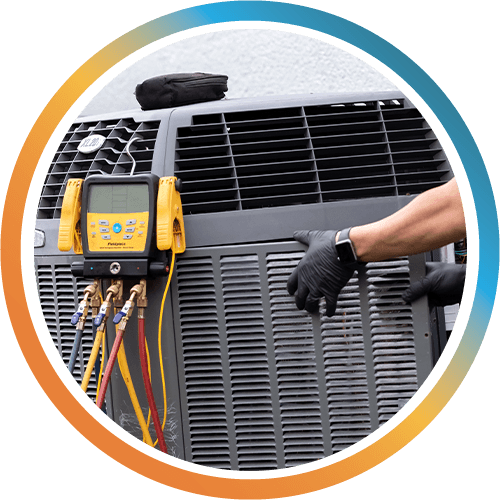
2023 HVAC Changes
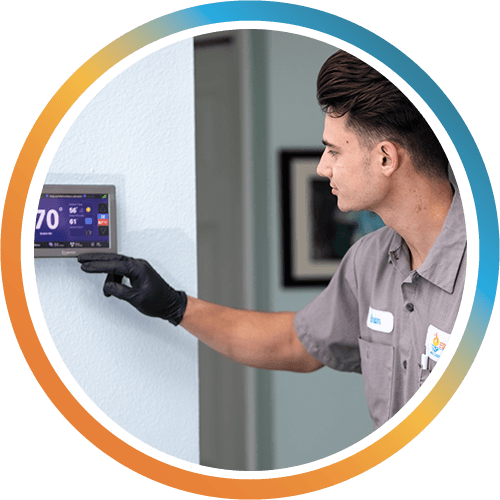
Easy Ways to Make A Smarter Home

The Importance of Proper HVAC Installation in Key West, FL

What Can You Do to Upgrade Your HVAC System in Key West, FL?

3 Reasons For an HVAC Maintenance Plan in Rockledge, FL

How Do UV Lights Work in HVAC Systems in Melbourne, FL?
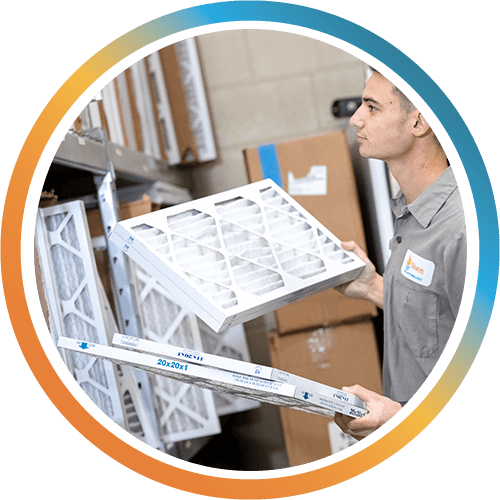
Should You Have Your Ductwork Cleaned?

How Does a Smart Thermostat Work?

How Does Ductless AC Work?
